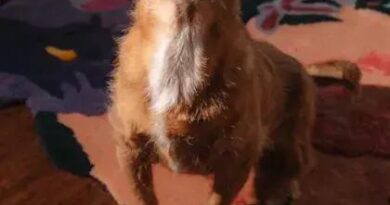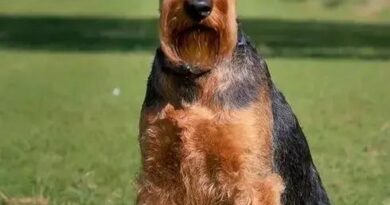Curiosities About the Corgi: 7 Amazing Facts You Should Know
Curiosities about the Corgi are never-ending due to their charming personalities and royal connections. Known for their short legs and fluffy butts, these dogs have captured the hearts of many, including the British royal family. In this post, we’ll uncover the fascinating world of Corgis by diving into their unique traits, royal status, and care tips. Read on to learn more about these delightful canines and why they make such great pets.
The Royal Connection: Why Corgis Are Favored by the Queen
The royal favor towards Corgis can be traced back to King George VI, who brought Dookie, a Pembroke Welsh Corgi, into the royal household in 1933. This fondness was continued by his daughter, Queen Elizabeth II, who received her first Corgi, Susan, for her 18th birthday.
The Queen’s preference for Corgis is attributed to their loyal and affectionate nature, which matches the royal household’s environment perfectly. Over the years, these dogs have not only been companions but also part of many royal events and appearances, endearing them to the public.
Corgis are known for their intelligence, and this trait has made them adaptable to the rigors of royal life. They are quick learners and have thrived under the training provided by the Queen’s staff. Their herding instincts make them vigilant and responsive, qualities that the Queen appreciates.
Interestingly, the Queen’s Corgis have also played roles in breaking protocol occasionally by interacting with visiting dignitaries, adding a touch of informality and charm to otherwise formal proceedings. Their presence has become a symbol of warmth and family within the British monarchy.
The relationship between the Queen and her Corgis is a touching reminder of the strong bond that can form between humans and their furry friends. It highlights the Corgi’s special place in royal history and culture.
Corgi’s Unique Physical Traits and Characteristics
Corgis are small but muscular dogs that boast a robust, sturdy frame. Typically, they have a short stature with legs that are relatively shorter in proportion to their bodies, giving them a distinctive appearance.
Heads and Ears: Corgis have a fox-like head with a soft, yet expressive face. Their ears are large and erect, allowing them to be attuned to their surroundings.
Coat and Coloration: Their double-layered coat is designed to withstand various weather conditions. The outer layer is coarse and thick, while the undercoat is softer and dense. Corgis come in a variety of colors, including red, sable, fawn, and even black and tan, often with white markings.
Tail Variations:
One notable feature is their tail, which can vary depending on the specific breed type. Cardigan Welsh Corgis have long tails, whereas Pembroke Welsh Corgis often have shorter, docked tails.
Sturdy Legs: Despite their short legs, Corgis possess a surprising amount of strength and agility. Their legs are powerful, making them excellent herders.
How to Care for a Corgi: Tips and Advice
The Royal Connection: Why Corgis Are Favored by the Queen
The Pembroke Welsh Corgi has long been associated with the British royal family, and for good reason. Queen Elizabeth II received her first Corgi, Dookie, as a child in 1933. Since then, she has owned over 30 Corgis during her reign, making them a beloved symbol of the monarchy. Their charming personalities and loyalty make them a perfect fit for royal companionship.
Corgi’s Unique Physical Traits and Characteristics
Corgis are known for their distinctive physical features that set them apart from other breeds. They have a stocky body with short legs, which gives them a low-to-the-ground appearance. Despite their short stature, they are surprisingly agile and quick. Their large ears stand erect and their tails are often docked, especially in Pembrokes. Their coats are double-layered, requiring regular grooming to keep them in prime condition.
How to Care for a Corgi: Tips and Advice
Proper care is essential to keep a Corgi happy and healthy. Here are some key tips:
- Exercise: Corgis are an active breed and need regular exercise to stay fit and prevent obesity. Daily walks and playtime are crucial.
- Diet: Feed them a balanced diet rich in nutrients. Avoid overfeeding, as Corgis can easily gain weight.
- Grooming: Brush their coat at least once a week to manage shedding and maintain a healthy coat.
- Training: Corgis are intelligent and respond well to training, but they can also be stubborn. Consistent, positive reinforcement is key.
- Health Checks: Regular veterinary check-ups are important to monitor for common health issues, such as hip dysplasia and progressive retinal atrophy.




